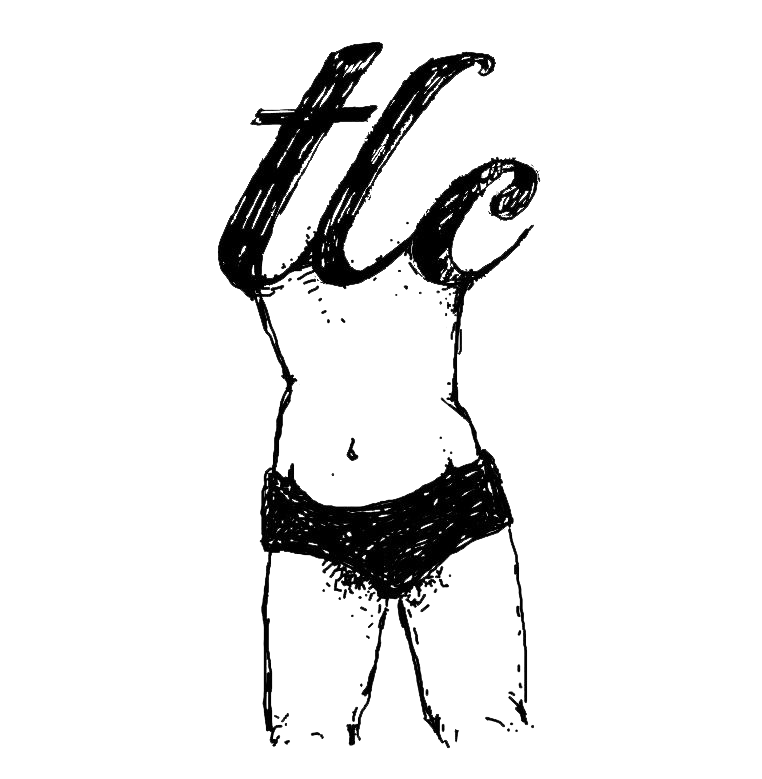What can I say about trolls that has not been said before? There are zillions—that’s a real number—of forehead-slapping think pieces, trillions of first-person narratives of ghastly abuse beeping out at someone under cover of the mellow Twitter beep sound. Social scientists debate trolling, people write books about it, people are paid to be professional trolls, and in real life, they even get married and have babies and functioning social lives so you can’t even dismiss them as Under Bridge Dwelling Pond Scum.
Trolls began in Norse mythology, something that goes back to being relevant after loads of writers have started retelling the myths. They were very old and powerful, but often, very dim-witted. Some Scandinavian folklore had them look the same as human beings except for them being loners. The first trolls were, therefore, just hermits. Creatures that liked to hang out by themselves and didn’t subscribe to the big godly worldview.
Later, the troll became universally acknowledged as that hairy, smelly creature who lived under a bridge and would eat you. Early internet forums started using “troll” to make users stop engaging with other users who were online only to sling insults. Please don’t feed the trolls.
When I started my blog, Compulsive Confessions, a lot of trolls popped up on my social media timelines once enough people knew who I was. It was, sort of, the price of popularity. Like a rapidly gentrifying neighbourhood, the trolls trotted in after the occasional visitor, after the person who had only read that one post and who came back every three months, after tribute/imitation blogs came up here and there. They moved in and they would not move out. Over and over they went on at me, but they were mild compared to the ones I see on Twitter these days.
My trolls just wanted me to be a Good Indian Woman and stop talking about smoking and drinking and sex. They wanted me to admit I was making up everything. Today’s trolls — like the ones plaguing film critics and female journalists — want their targets to die, but not before they also mention how they’d like to fuck this person, or how they’d like someone else to. Today’s trolls are violent, and often are not even hiding behind anonymous identities as decent Pond Dwelling Scum should.
Take the particular, peculiar right-wing troll. I’m not even sure what they’re outraging about. Across the world, they’ve won. Why all the angst? Do they just want everyone to agree with them now and if they do, have they forgotten how they never agreed with anyone when the left was in power? Probably. Trolls have notoriously short memories.
With social media at our fingertips, it has become so easy to say what you like and not get called out for it. Until you do. Last month, Chennai-based journalist Dhanya Rajendran came under a coordinated troll attack (they set a time to start abusing her and collectively used the hashtag #PublicityBeepDhanya.) She reported to the police, who managed to arrest one guy. He apologised on a video recording, which Rajendran put up, and guess what? She got trolled again for posting the apology.
Here’s who gets trolled the most:
1) People who are a little bit Internet famous;
2) Women.
Should they find someone who falls into that bit of the Venn diagram where both those requirements overlap, trolls have a field day. My trolls have gotten bored and moved on to newer pastures. I miss them a little bit sometimes, but then I see pages of death threats and sexual harassment, and then that feeling is gone.
There’s nothing you can do but ignore them and hope they go away. They thrive on attention, these Internet men. They’re presumably people with lives and have mothers who love them but who become an anonymous force, almost like a fungus taking over everything. Ultimately, you lose all sympathy for them. Why would you have sympathy? They’re revolting, and yet, I’m also curious about the lengths they will go to for attention. Maybe they think the Internet is where they can come out and play and dance with the popular people, even if they’re only dancing to shame them.
It’s a little sad. It’s a little sick.
























Leave a Reply